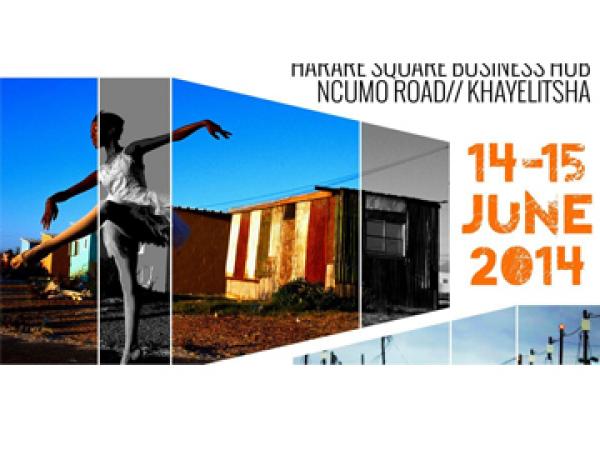Khayelitsha gets its first film festival

When Harare Square’s Hubspace first opened its doors to the Khayelitsha community in April 2013, it was touted as a unique space for entrepreneurs to gather, share ideas, and take initiative. As a World Design Capital-linked social enterprise, the office space has sought to foster a culture of conversation and creativity.
This weekend, 14 and 15 June, Hubspace will be the venue for another landmark cultural event for Khayelitsha: the first Khayelitsha Film Festival. The two-day event is a collaborative effort between hosting human rights organizations Equal Education, MOSAIC, Social Justice Coalition and Treatment Action Campaign, each of which has selected a film to screen from a selection provided by Tri-Continental Film Festival and STEPS Southern Africa.
The film festival has its roots in Amazwi Wethu (Our Voices), a Khayelitsha-based youth media project that began in the winter of 2012, when three graduate students from The New School in New York partnered with Equal Education to teach students in Khayelitsha the skills to venture into documentary storytelling. But while four of the festival’s five featured films are documentaries set within the African continent—namely Zimbabwe, Tanzania, Kenya—only one, Where do I Stand?, focuses on South Africa. The festival will also screen Precious, a fictional account of a sixteen-year-old black woman who faces illiteracy, obesity and domestic abuse in Harlem, New York. Rather than local storytelling, the key feature of this festival will be the discussions that take place after each screening.
According to Lyndal Pottier, who heads Organisational Development Officer for Equal Education, “It’s part of the festival’s beauty that the stories being told are not all local. These films might bring up issues that people are facing here in Khayelitsha in ways that they haven’t necessarily been brought up in the past,” she explains. In providing an opportunity to learn about other communities, she argues, these films might inadvertently enable viewers to see their own community through a new lens.
Phiwo George, a facilitator for Amazwi Wethu who has worked with Pottier to organize the festival, adds that the films “don’t just enable a common understanding of the challenges faced in other African countries”—notably xenophobia, gender violence, and HIV/AIDs—“They also highlight opportunities we have here in South Africa that we take for granted.” Though a majority of the 100 seats for each screening have been allocated to organizations throughout Khayelitsha, approximately 20 have been set aside so that community members can walk in as they wish. The ideal, Pottier explains, is that “conversations will reach a point where viewers will take action on something new that they’ve learned.”
If all goes well, Pottier hopes to see this become an annual event. At the very least, she says, “I hope that it makes people excited to see something different happening.”
Download the film festival programme from the Equal Education website.
Support independent journalism
Donate using Payfast

Next: Weekly newsletter 09 - 13 June 2014: Unanswered questions about Strand evictions and other stories

This article is licensed under a Creative Commons Attribution-NoDerivatives 4.0 International License.
